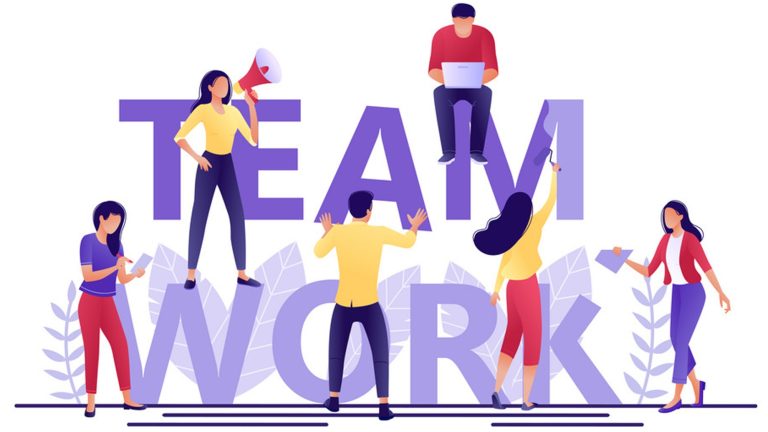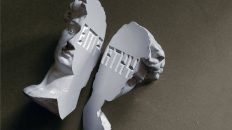Groups develop into teams when their common purpose is understood and internalized by all members. In effective teams, every member plays an assigned role using his/her talents to the best advantage. When the members integrate their efforts and skills, team objectives are usually achieved. In contrast, when groups play as individuals, they usually fail. Many organizations do not know how to transform their groups into teams.
Team members understand one another’s priorities and help or support other team members when difficulties arise. In groups, conflicts are considered disturbances to be avoided. In a team, however, conflict is considered normal and it is viewed as an opportunity for finding workable solutions to problems or challenges. Through open discussions, conflicts can be resolved before they become destructive. In a team, members recognize the importance of disciplined work and modify their behavior to meet the standards of their team. Teams are recognized for their outstanding work as much as their individual members, who have worked in the teams. Teams maintain a balance between team productivity and the satisfaction of team members’ needs. An important feature of successful team work is that communication about team work is open.
Also Read: Want to know your Boss? Check his zodiac sign!
The discussion of new ideas, improved work methods, articulation of problems and concerns is encouraged. Members are not only encouraged to articulate new ideas but to test them. A specified budget is allocated to test new ideas even if the probability of their failures may be high. Teams cannot be built overnight. Team building requires patience and skills. The most important part of the team building exercise is the selection of team members, whose skills can be synergized for innovative problem solving. The team members must be willing to join the team and must have a strong motivation to achieve team goals. However, identifying such people is not an easy job.
The team building exercise must involve the clarity of goals for which the team is built. This is not easy, since the goals unfold as the team members get involved in work. New goals may emerge and the old goals may undergo modification. The team builder must have excellent communication skills and must permit free flow of communication among members. Teams must know why they exist, what they are supposed to accomplish, and which other teams are involved in the same of similar tasks in an organization. The team builder needs to articulate organizational needs, and translate them into team goals or objectives. Team building also requires identification of resources, that is, people, time, money, materials and facilities, etc. The team builder must feel safe and assured that these are available when needed.
Above all, building a motivating climate and maintaining it continuously is an essential skill. This involves recognizing and rewarding good performance and correcting or eliminating poor performance when it occurs. Good team leaders know how to create a motivating climate. Well-trained employees make more effective team members. They have confidence in their ability to contribute to team efforts. Any team leader interested in improving team performance will ensure that training for each member is appropriate. No high-performance team can avoid conflict among its members. A problem-solving approach to conflict resolution should be adopted by the team leader rather than the conflict suppression approach. Besides, nothing is more important than building trust among team members. For this, team members must perceive the team leader—as well as the top management of the organization—as open, transparent, fair, objective and willing to listen with empathy and honesty. A key ingredient in team building is coaching, because coaching helps people to grow and adjust to the organization as a whole.






















Add comment